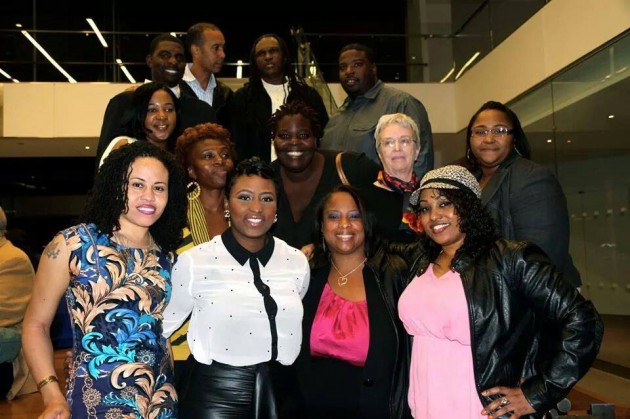With foreign policy being a major issue in this year’selection, many people in countries throughout the world have viewson who they think should be elected the next president of the
“Whathappens in America
Many people inLatin America
Maria Jose daConceiao, from the Brazilian Chamber of Deputies Foreign Affairsand National Defense Commission said, “the majority ofBrazilian parliamentarians, including many conservatives, preferKerry and are anti-Bush.”
Since theIraq war, many Japanese have come to dislike Bush aswell. Even though the majority of people in
Many Japanese aredissatisfied with Koizumi tagging along with Bush. Koizumihas appeared to ignore Japanese public opinion, and he continues toback Bush without adequately explaining why he supportshim.
People inLondon are worried about the voting process in theUnited States
According to JimLobe, from the World Press Review, the general consensus in theUnited Kingdom
A surveyconducted by GlobeScan and the University ofMaryland‘s Program on International PolicyAttitudes, found that Kerry was favored over Bush out of the 35countries that were polled. The only countries where the majorityof the respondents said their opinions of the United Statesforeign Policy under Bush had improved were thePhilippines, India andThailand.
Because there issuch a great interest in the 2004 election not only in theUnited States





